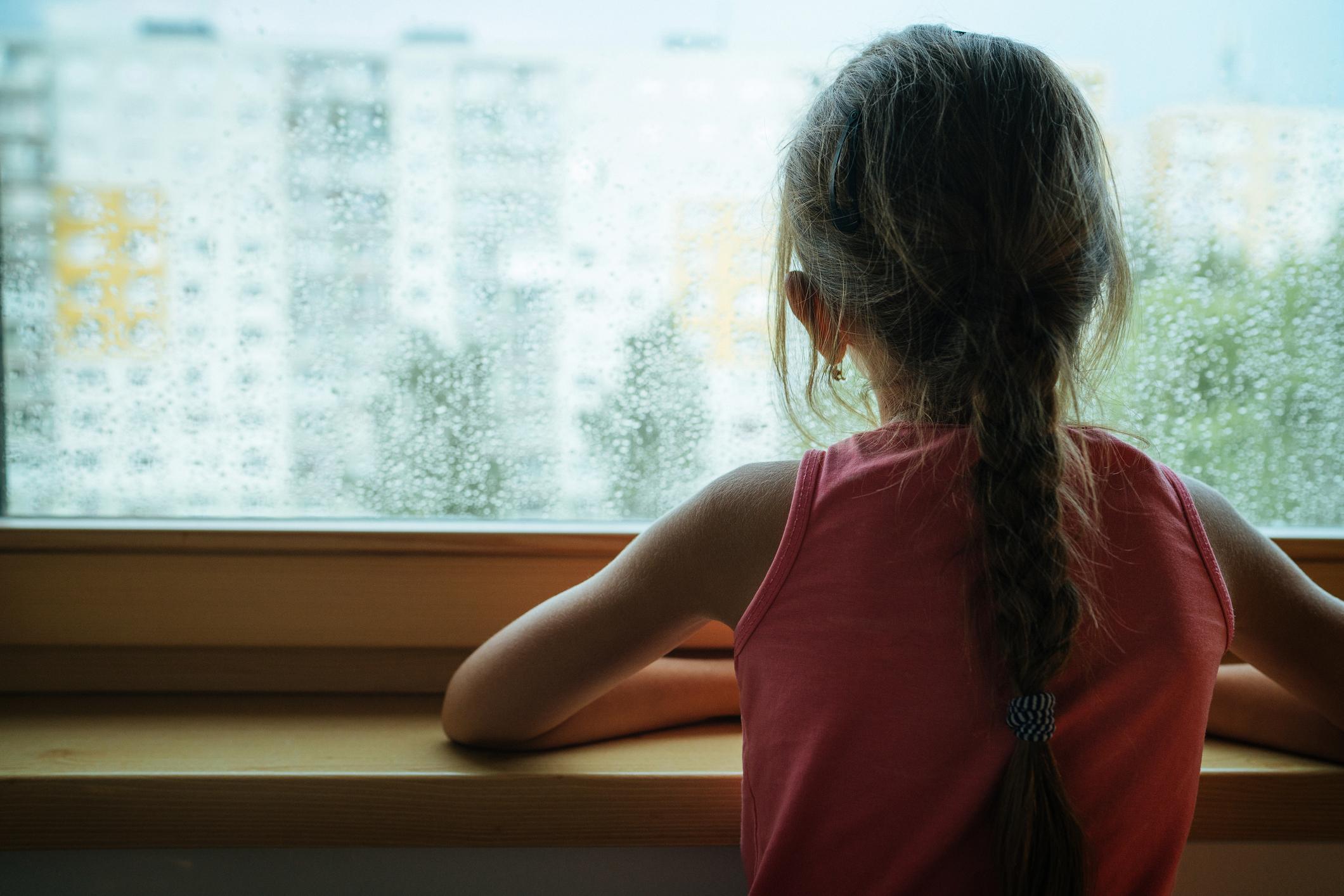The care-to-prison pipeline shows our failure of looked-after children
This problem is rooted in both a lack of protection and a dangerously out-of-date attitude perpetuated from the top down


Your support helps us to tell the story
From reproductive rights to climate change to Big Tech, The Independent is on the ground when the story is developing. Whether it's investigating the financials of Elon Musk's pro-Trump PAC or producing our latest documentary, 'The A Word', which shines a light on the American women fighting for reproductive rights, we know how important it is to parse out the facts from the messaging.
At such a critical moment in US history, we need reporters on the ground. Your donation allows us to keep sending journalists to speak to both sides of the story.
The Independent is trusted by Americans across the entire political spectrum. And unlike many other quality news outlets, we choose not to lock Americans out of our reporting and analysis with paywalls. We believe quality journalism should be available to everyone, paid for by those who can afford it.
Your support makes all the difference.In the past week, we have heard sombre stories about the state of children’s social care in the UK. The Department for Education revealed that the number of looked-after children has hit its highest number yet – up 1 per cent from 2020 to 80,850 – and the County Councils Network has predicted that this number will hit 100,000 by 2025. We must urgently address the national epidemic of inequality which has been growing silently in the dark.
Despite children in care making up less than 1 per cent of the population, the latest statistics from an independent government review released this year showed that care leavers make up a quarter of prison and homeless populations in this country. This is staggering and is a stark reminder of our nation’s failure to our society’s most vulnerable. But where are we failing them?
I believe that this issue is rooted in two areas: a lack of protection and a dangerously out-of-date attitude perpetuated from the top down.
To address the first issue, children in care are highly vulnerable to exploitation by criminal gangs. Gangs know that these children, who have already suffered trauma and been uprooted from stability, will be searching for a sense of belonging and, quite simply, frightened. These gangs do their research. They wait around care homes, schools and shopping centres to make their move. Starting with small, easy tasks for big rewards, children in care are slowly drawn into their web until they feel unable to leave. Before they are even out of the care system, they’ve already been groomed into a life of crime.
The second issue which perpetuates the first is difficult to quantify, but is nevertheless to blame, and that is the government’s attitude towards children in care. As outlined in a recent report by children’s rights campaigners at Serenity Welfare, looked-after children and young people are viewed and treated as problems to be dealt with, rather than human beings with just as much potential as anyone else. Cuts to services intended to stop children in care from spiralling into dangerous life choices are a clear indicator that the government does not see them as worth saving. They are written off, with no encouragement or the necessary support systems in place to allow them to achieve, and left to fall into a life of crime.
One example of this is in the shocking scandal of innocent children in care as young as nine being handcuffed whilst being transported between care settings. These are children that have not been accused of a crime and yet are deemed potentially problematic, for example because of a history of self-harm. Is it any wonder children in care enter a life of crime when they are treated like criminals from the start?
The care-system-to-prison pipeline shows our abject failure towards looked-after children. We must ensure that we are not only preventing harms and abuses while children are in care, but that they are given a support system for them to thrive. I firmly believe that mentoring for young people in care should be far more widespread and accepted as a legitimate form of support. With a dedicated, trained point of contact whose sole aim is to grow our children’s emotional and holistic wellbeing, we could divert more care leavers from prison and the streets towards higher education and employment.
The current children’s social care review must focus on not only improving young people’s time spent in the system, but also on levelling out the playing field of their future outside it.
We are living in a Britain where these disproportionalities are only going to grow wider until we take action and take looked-after children’s futures seriously.
Bell Ribeiro-Addy is Labour MP for Streatham
Join our commenting forum
Join thought-provoking conversations, follow other Independent readers and see their replies
Comments